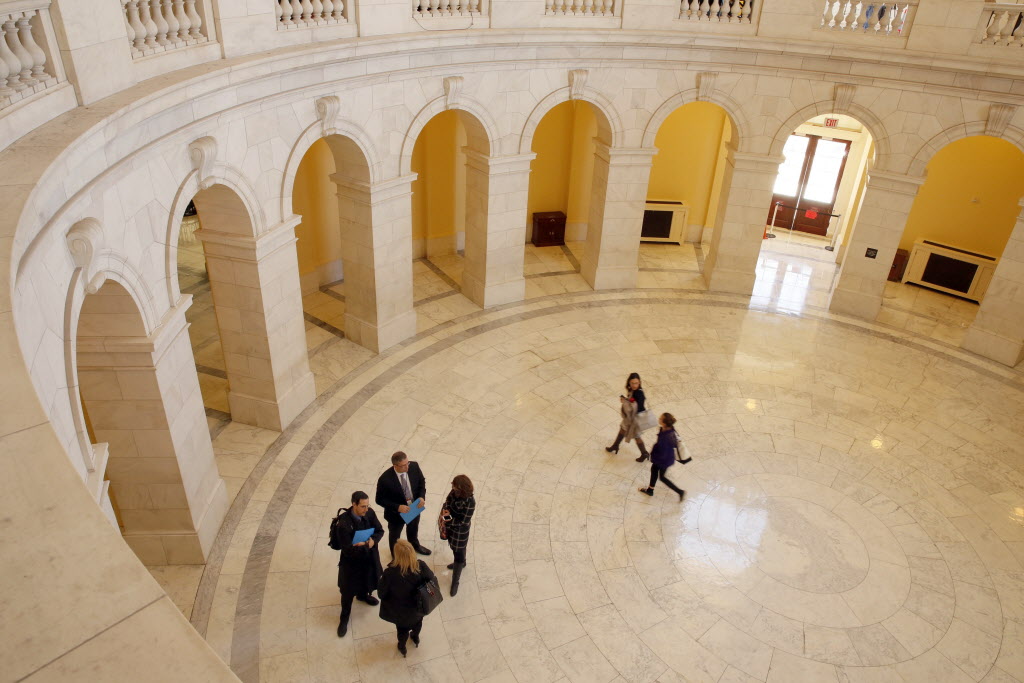This September I celebrated my fourth anniversary at World Vision. Working on the Advocacy and Government Relations team for such a wonderful organization has been some of the most rewarding time of my D.C. career, which has now spanned almost 20 years!
Sometimes people are surprised that World Vision has an office in Washington, D.C., and an Advocacy and Government Relations department. Why is there a need for World Vision to work with the U.S. Government when we have private donors and churches that we partner with? Shouldn’t the work of alleviating poverty and the needs of the poor, sick, and vulnerable be left to nonprofit organizations, not the government?
Sadly, the needs of the poor around the world are too great for any one church, non-profit, or government to address on their own. Instead what it takes is partnership — working collectively and collaboratively. The U.S. Government brings technical expertise, including resources and relationships that World Vision and other organizations would have to spend billions to try to replicate. World Vision, on the other hand, can reach some of the poorest and most rural areas in the countries where we work, places the U.S. Government cannot always reach.
Throughout the Bible, God reminds us that it is a fundamental requirement of His people to see that justice is done in the courts (halls of governments) as well as in everyday life. Our work is only partially done if we just help the poor with goods. They need biblical justice — the kind talked of in the Prophetic books, like Isaiah and Jeremiah, and other books including the Gospels. As an organization, we can help speak to justice and as individuals, you can do the same.
We also work to build awareness of the world’s most broken places, sharing stories and successes from our own programs. We share our lessons and experiences with Congress and federal agencies like the State Department and the United States Agency for International Development (USAID). World Vision has people working on the front lines every day and by sharing this expertise World Vision can help guide program decisions to make sure tax dollars are spent effectively. We do not do this with an expectation of what we might get in return, but to call attention to critical needs and to drive solutions.
World Vision does seek out federal grants where we know we can contribute to ensuring that U.S. taxpayer dollars are spent on work that will make a difference in communities. This is a very competitive process. Though we don’t always get every grant we apply for, we are proud to play a part in spreading the generosity and goodwill of the American people around the world.
But beyond partnership with the U.S. government, our advocacy and government relations team ensures that across the vast spectrum of humanitarian, relief, and development work, government programs are robustly funded and working effectively – regardless of whether or not any of that funding comes to World Vision, by speaking into policy and legislation. Our vision for the world is bigger than us – life for children in all its fullness – and the U.S. Government can play a role in seeing that vision come to fruition.
I have learned a lot in my four years at World Vision, but one of the most important lessons has been this – we need all of the partners, resources, prayers, and collaborators we can if we are going to end poverty. We are so grateful that you have chosen to partner with us and hope that you will lend us your voice as well as your gifts so that we can address not only the needs of those living in poverty but the injustices that are so often the cause of poverty.
Photo: World Vision advocates gather in the halls of Congress before meeting with senators and representatives during a lobby day for the Water for the World Act. © 2014 Genesis Photos/ photo by Garrett Hubbard


